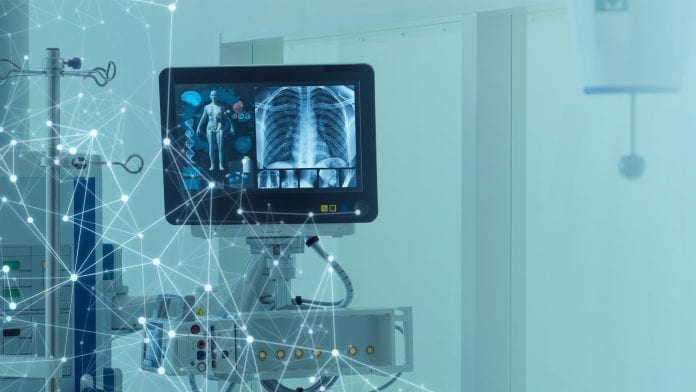
Pioneering AI technology, Network Analysis, is now able to identify and predict the development of cancer symptom clusters – could this alleviate distress?
Cancer patients who undergo chemotherapy could soon benefit from Network Analysis, a new form of artificial intelligence that is designed to have the ability to identify and predict the development of different combinations of cancer symptom clusters – helping to alleviate much of the distress caused by their occurrence and severity.
Using Network Analysis to examine cancer symptom clusters
Published by Nature Scientific Reports, researchers from the University of Surrey, UK, and the University of California, USA, detail how they used Network Analysis (NA) to investigate the structure and relationships between 38 common symptoms reported by over 1,300 cancer patients receiving chemotherapy.
Payam Barnaghi, Professor of Machine Intelligence at the Centre for Vision, Speech and Signal Processing (CVSSP) at the University of Surrey, said: “This is the first use of Network Analysis as a method of examining the relationships between common symptoms suffered by a large group of cancer patients undergoing chemotherapy.
“The detailed and intricate analysis this method provides could become crucial in planning the treatment of future patients – helping to better manage their symptoms across their healthcare journey.”
Details of the study
Some of the most common symptoms reported by patients were nausea, difficulty concentrating, fatigue, drowsiness, dry mouth, hot flushes, numbness, and nervousness.
The team then grouped these symptoms into three key networks: occurrence, severity and distress.
The NA enabled the team to identify nausea as central, impacting symptoms across all three different key networks.
The innovative way of using Network Analysis
Nikolaos Papachristou, co-author of the study and research student from CVSSP, said: “I am proud of our continued work to support cancer patients during their treatment and improving their quality of life with the help of machine learning.”
Professor Adrian Hilton, Director of CVSSP, said: “This is another heartening development from Professor Barnaghi and his group. This world-first study of how NA methods can help identify and analyse the symptoms of cancer patients supports the real benefits machine learning brings to society and the future of the healthcare industry.”
Professor Christine Miaskowski from the University of California said: “This fresh approach will allow us to develop and test novel and more targeted interventions to decrease symptom burden in cancer patients undergoing chemotherapy.”









